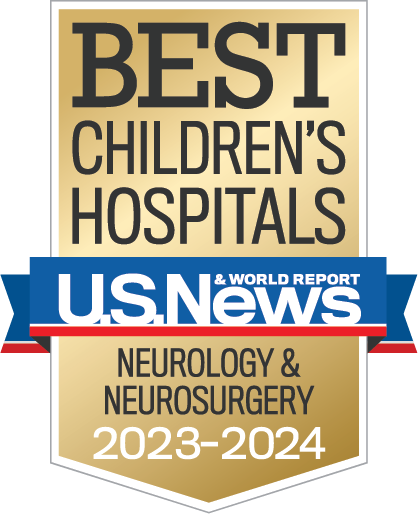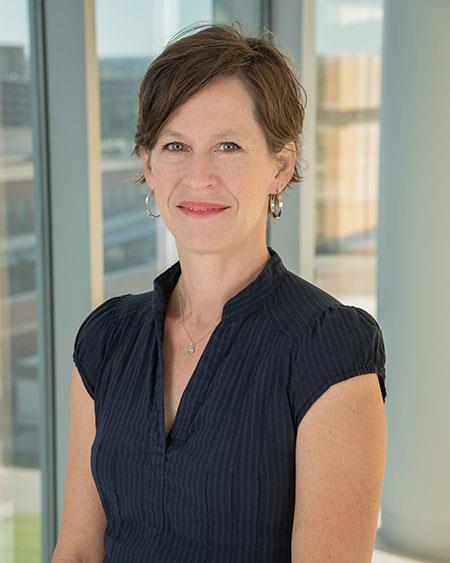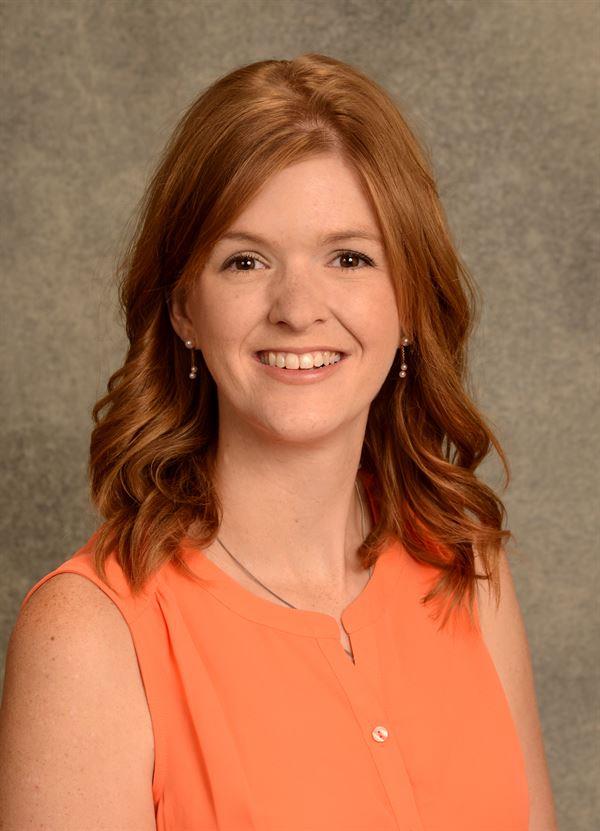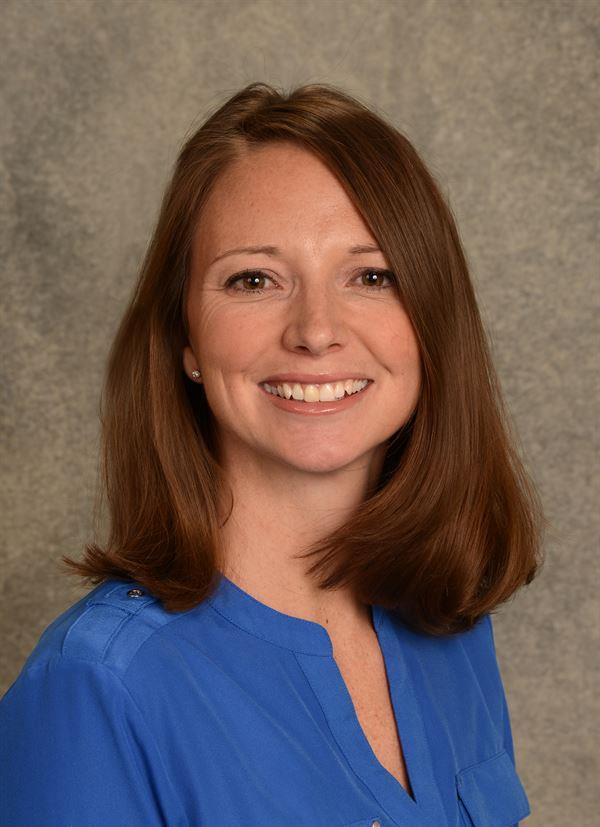- Doctors & Departments
-
Conditions & Advice
- Overview
- Conditions and Symptoms
- Symptom Checker
- Parent Resources
- The Connection Journey
- Calm A Crying Baby
- Sports Articles
- Dosage Tables
- Baby Guide
-
Your Visit
- Overview
- Prepare for Your Visit
- Your Overnight Stay
- Send a Cheer Card
- Family and Patient Resources
- Patient Cost Estimate
- Insurance and Financial Resources
- Online Bill Pay
- Medical Records
- Policies and Procedures
- We Ask Because We Care
Click to find the locations nearest youFind locations by region
See all locations -
Community
- Overview
- Addressing the Youth Mental Health Crisis
- Calendar of Events
- Child Health Advocacy
- Community Health
- Community Partners
- Corporate Relations
- Global Health
- Patient Advocacy
- Patient Stories
- Pediatric Affiliations
- Support Children’s Colorado
- Specialty Outreach Clinics
Your Support Matters
Upcoming Events
Colorado Hospitals Substance Exposed Newborn Quality Improvement Collaborative CHoSEN Conference (Hybrid)
Monday, April 29, 2024The CHoSEN Collaborative is an effort to increase consistency in...
-
Research & Innovation
- Overview
- Pediatric Clinical Trials
- Q: Pediatric Health Advances
- Discoveries and Milestones
- Training and Internships
- Academic Affiliation
- Investigator Resources
- Funding Opportunities
- Center For Innovation
- Support Our Research
- Research Areas

It starts with a Q:
For the latest cutting-edge research, innovative collaborations and remarkable discoveries in child health, read stories from across all our areas of study in Q: Advances and Answers in Pediatric Health.


Headache Program
Headaches in Children
Kids aren’t just mini adults. In fact, they’re incredibly different. That’s why they need incredibly different care.

What is a headache?
A headache is a symptom when children or adults experience pain on or in the face or head. If your child is complaining of headaches, certain characteristics (such as the onset, duration, pain, severity and location of the headache) can help doctors at Children's Hospital Colorado determine the cause.
Associated symptoms such as nausea, vomiting, sensitivity to light or sounds and triggers also help our team distinguish between different causes of headaches.
What causes a headache?
A headache can be a symptom of a variety of health conditions. The most common cause is usually a primary headache (a migraine or tension headache) or from a cold and other infections like flu or strep throat.
Less common causes of headaches can include neurological infections, masses and other structural abnormalities. However, these are very rare and have characteristics that will help your child's doctor establish a diagnosis.
What are the types of headaches in children?
"Primary headaches" include migraines, tension-type headaches and cluster/trigeminal autonomic cephalgias. The most common headaches in children are migraines and tension-related.
Who gets headaches?
Headaches can be a common problem in children. Up to 11% of children and 28% of adolescents have reoccurring headaches. Children of both genders and all races can get headaches.
What are the signs and symptoms of headaches?
The signs and symptoms of headaches vary from child to child and can depend on the type of headache. The two most common types of childhood headaches are migraine and tension-type headaches.
Migraine headaches
Migraine headaches are recurrent headaches that occur at intervals of days, weeks or months. Migraines in children generally have some of the following symptoms and characteristics:
- Migraines last hours to days.
- Migraines are often in the frontal areas as well as the temples, and can be on one side of the head or both.
- Children complain of a throbbing, pounding or pulsating pain.
- Common symptoms associated with migraine headaches are nausea, vomiting, stomach pain, difficulties with bright lights or loud sounds, or sensitivity to smells.
- Warnings, called auras, may start before the migraine headache. These auras can include blurry vision, flashing lights, colored spots, strange taste or weird sensations. An aura usually occurs 5 to 60 minutes before the onset of the headache.
Tension-type headaches
Tension-type headaches are recurrent headaches that generally have some of the following symptoms and characteristics:
- They can last from minutes to several days.
- They feel like a band tightening around the head.
- Muscle tightness is noticed.
- Children may have sensitivity to bright light or loud sounds.
Chronic headaches
Headaches can become chronic when they occur more days of the month than not.
Chronic headaches can result from taking some types of medication—for example, acetaminophen (Tylenol), ibuprofen (Motrin), using caffeine or some prescription medications — more than 2 to 3 days per week. These are called medication overuse headaches.
What tests are used to diagnose headaches?
In general, headaches do not require any blood work or brain imaging. Depending on your child's headache symptoms, the following diagnostic tests may be requested by your primary care provider or neurologist at Children's Colorado:
- Brain MRI
- Lumbar puncture
- Electroencephalogram (EEG)
- Ophthalmology evaluation
How do doctors at Children's Colorado make a diagnosis?
The diagnosis of a headache is usually based on your child's medical history and a physical examination. Extra testing is rarely needed.
At Children's Colorado, headache diagnosis relies on using the International Classification of Headache Disorders criteria for headache types.
How are headaches treated?
Headaches are best treated with a combination of lifestyle and behavior modification. Your child's doctor at Children's Colorado may also suggest medication treatments to help your child's headaches
Why choose Children's Colorado for headaches and migraines?
Pediatric experts in our Headache Program collaborate with providers in multiple disciplines to offer comprehensive care for our patients with childhood and adolescent headaches. These disciplines include neurology, psychology, yoga therapy and nutrition. The Headache Clinic at Children's Colorado provides care of the highest quality to kids and adolescents with headaches. After your child is seen in one of our clinics, we'll work with your primary care physician to help manage your child’s headaches.
Our goals are to:
- Provide easy access to appointments and excellent care for children with headaches
- Provide care that is integrated with other subspecialties and supports children facing recurrent headaches
- Partner with your child's primary care physician to provide ongoing access to the tools and resources to evaluate and treat children with headaches
- Further research in the cause and treatment of headache disorders in children
Types of clinics for headaches and migraines
We have several clinics to best fit your child's needs:
| Clinic type: | Type of patient visit: | Who is present? | How to be referred: |
|---|---|---|---|
| Neurology | First time visit | Neurology provider | Self or via primary care physician (PCP) |
| Headache Clinic | First time visit | Headache provider | Self or via PCP |
| Integrative Headache Clinic | Must be seen by a neurologist or special permission | Headache provider Yoga therapist Psychologist Dietitian |
Neurologist |
| Child and Adolescent Headache Clinic | Must be a patient of Child Health or Adolescent Clinics at Children's Colorado | Headache provider | Referred by Child Health or Adolescent Provider |
Preparing for your child's appointment
Referrals for appointment can be made either by physician referral or self-referral. Please contact your insurance provider to obtain prior authorization as needed.
We ask that you bring a copy of your child's pertinent medical records to the visit for us to review, unless they were obtained at Children's Colorado.
Pertinent medical records include:
- Notes from your child's primary care provider regarding the headaches
- Imaging studies (CT or MRI test results). If a CT or MRI was obtained, please bring a copy of the radiology report as well as a copy of the study on a CD
- Laboratory studies
- Electrocardiogram (EKG), echocardiogram or cardiology evaluation
- Sleep study results
- Optometry or ophthalmology evaluation
If your child is experiencing headaches, your primary care provider is the best place to start. He or she can help guide you and make a referral to a specialist at Children's Colorado if needed.
Our work in headache and migraine research
Experts from the Headache Program at Children's Colorado are participating in several research studies for pediatric headache and migraine.
Please email us at headacheresearch@childrenscolorado.org or call 720-777-8588 if you are interested in participating or receiving information about our current headache studies.
Additional headache resources:
Next steps
-
Would you like to learn more about us?
Learn more about the Headache Program -
Do you have questions about your child’s condition?
720-777-6895 -
Are you ready to schedule an appointment?
Schedule an appointment

Compassionate care, wherever you are
We’re here when you need us. Telehealth appointments are available across every specialty, so you can get the high-quality care we’ve always offered from the comfort, privacy and convenience of home.
See if telehealth is right for you
Get to know our pediatric experts.


Lonni Williams, CPNP-AC/PC
Certified Pediatric Nurse Practitioner, Certified Pediatric Nurse Practitioner


Catherine Doernbrack, CPNP-PC
Certified Pediatric Nurse Practitioner
Patient ratings and reviews are not available Why?



 720-777-0123
720-777-0123



